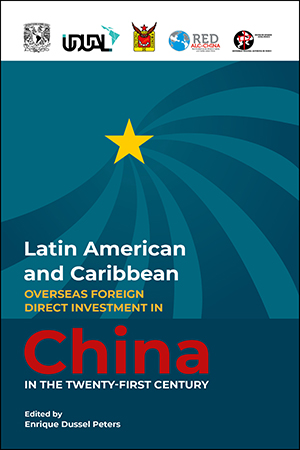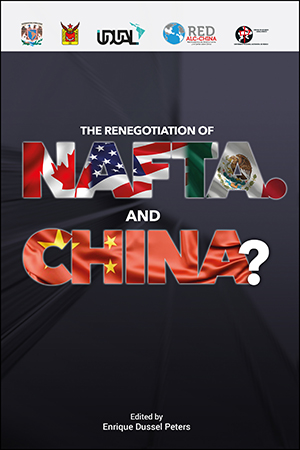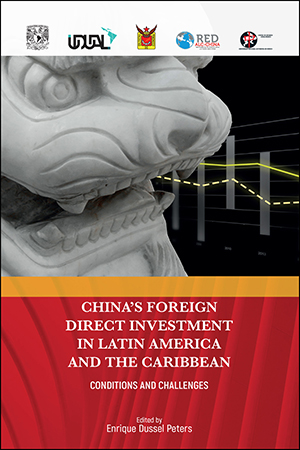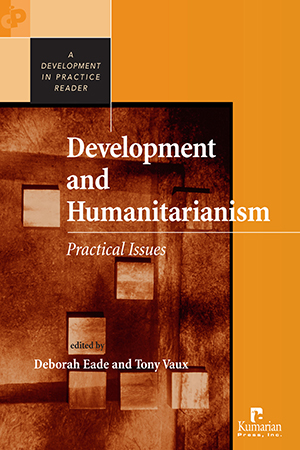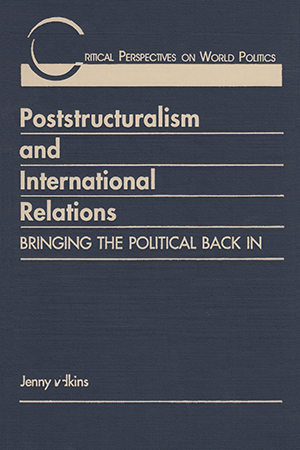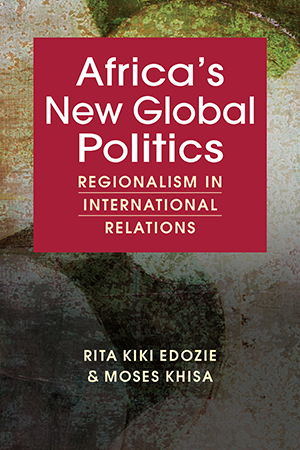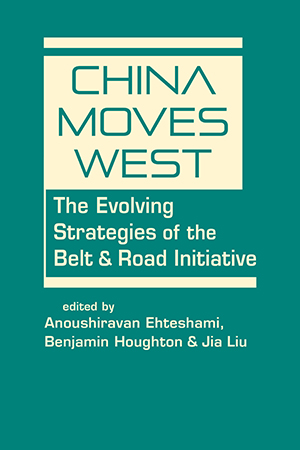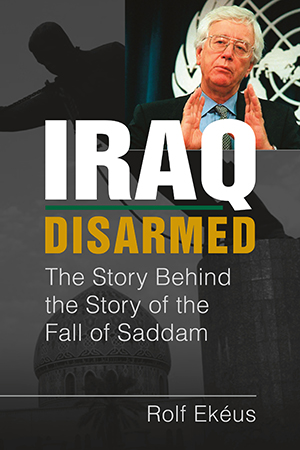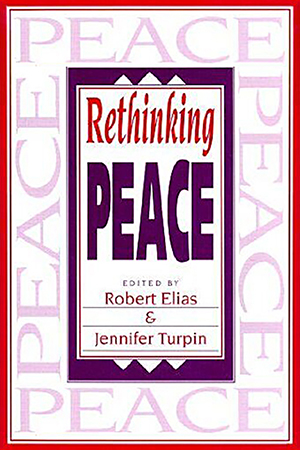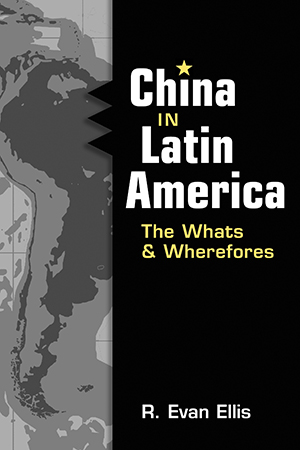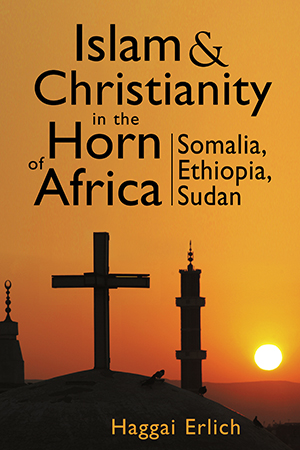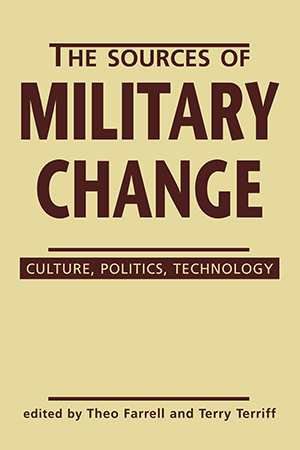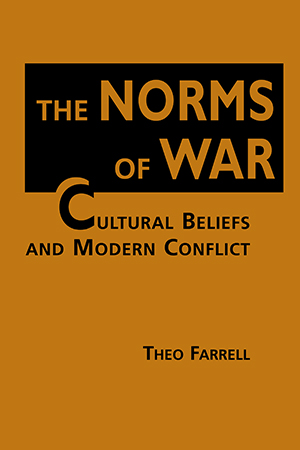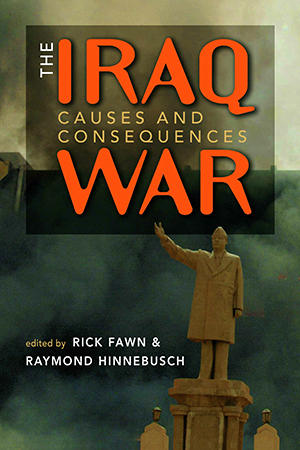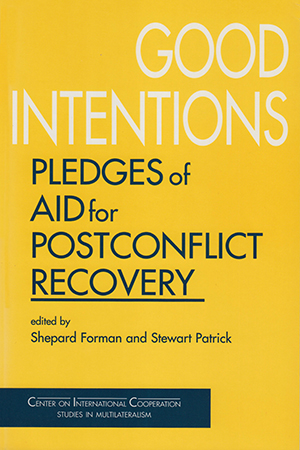International Relations (all books)
While overseas direct investment from China has been studied widely, OFDI to China has been largely ignored. Contributors to this volume pivot the conversation to examine macroeconomic and More >
After more than a year of negotiations, the differences between NAFTA and the new United States–Mexico–Canada agreement (USMCA) are minor—especially considering the initial More >
In recent years, China's explosive outflow of foreign direct investment (FDI) globally can be measured in the hundreds of billions of dollars, with close to 10 billion of that going each More >
Humanitarian intervention invariably rubs shoulders with politics—awkwardly, and sometimes with tragic results. Development and Humanitarianism draws from the contents of the More >
Offering a sophisticated introduction to the major poststructuralist thinkers, this book shows how Foucault, Derrida, Lacan, and Žižek expose the depoliticization found in More >
The African Union's threat to lead African states' mass withdrawal from the International Criminal Court in 2008 marked just one of many encounters that demonstrate African More >
In September 2013, Xi Jinping announced the launch of a Chinese-led megaproject, the Belt and Road Initiative, that would transform Asia's position within the global economy. Some ten More >
"The quest to disarm Iraq took place between two wars—one justified and right, the other a dreadful mistake, a violation of international law that led to hundreds of thousands of More >
With the development of the atomic bomb, Albert Einstein remarked that everything had changed except our thinking about the world. Einstein and Bertrand Russell warned us that "we have More >
With China on the minds of many in Latin America—from politicians and union leaders to people on the street, from business students to senior bankers—a number of important More >
Can Christianity and Islam coexist? Or are Muslims and Christians destined to delegitimize and even demonize each other? Tracing the modern history of the region where the two religions More >
In varying circumstances, military organizations around the world are undergoing major restructuring. This book explores why, and how, militaries change. The authors focus on a complex of More >
Although the horrors of war are manifest, academic debate is dominated by accounts that reinforce the concept of warfare as a rational project. Seeking to explain this paradox—to More >
While the war in Afghanistan saw most industrial countries back the US-led campaign, the subsequent war in Iraq profoundly divided international opinion—and likely represents a More >
This comparative study assesses the causes—and consequences—of failures to fulfill pledges of aid to postconflict societies. In each of six case studies, the coauthors (drawn More >


